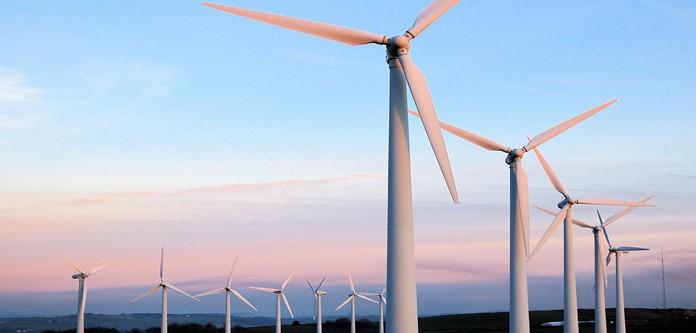The government of Chile was given the right to preside over the United Nations Framework on Climate Change Convention (UNFCCC) COP25 but along the way, it struck a deal for the event to be held in Madrid, still under its presidency.
The annual event normally held on the first week of December provides the world with a time to reflect, negotiate and strike deals to provide a soft landing for a world suffering from harsh effects of climate change. Of course there are countries who don’t see the need for such a conference, what has come to be labeled as climate change denial, USA leading the pack.
While developing countries are far from getting a relief for a problem they have contributed less about, the developed countries have worked to develop fair means of reducing emissions, and compensation where applicable.
The World Bank argued in a 2016 report that sub-Saharan Africa and South Asia are most vulnerable to climate change-induced poverty, given that they have the highest initial number of people in poverty, and face the steepest projected increases in agricultural prices caused by expected yield losses.
The focus of the climate change debate is now shifting to corporate investments and how companies can invest in cleaner energy. Globally, the idea of dinvestment, where companies reduce or cancel altogether their investments in ‘dirty energy’ like coal and petroleum-based fuels and turn to green energy sources like wind, hydro and solar.
Last October, the UNFCCC announced that 30 influential leaders from the corporate world will work together over the next two years in a bid to free up trillions of dollars from the private sector to finance the Sustainable Development Goals.
Read also: There is no room for coal in Africa’s renewable future- AfDB boss(Opens in a new browser tab)
The African Development Bank, in partnership with the Climate Investment Funds (CIF), last month commissioned the Coalition for Green Capital (CGC) to prepare a study on the creation of national climate change funds and green banks in Africa.
CGC will identify and work with six African countries to conduct feasibility studies for the project, which was initiated at the Green Bank Design Summit held in Paris in March 2019. The Summit tasked 23 developing countries to craft a new model to mobilise and accelerate investment in clean energy.
Green Banks and National Climate Change Funds can play an important role in mobilizing finance to support low-carbon, climate-resilient development, using methods such as blended finance to drive increased private investment.
There is an increase in the investment of cleaner fuels across Africa which is at times lead by private equity. The Desert to Power Initiative, launched by the African Development Bank and supported by institutions such as the Green Climate Fund and the Africa50 Infrastructure Fund, seeks to provide 10 GW of solar energy to the countries of the Sahel region by 2025, providing access to green electricity to over 250 million people, from Senegal to Ethiopia.
There is an emergence of climate-focused energy funds. For example, a new initiative was recently announced whereby Climate Investor One’s Stichting Development Fund and Coöperatief Construction Equity Fund U.A. combined US$850 million fund. This is expected to deliver renewable energy infrastructure across Africa, South Asia and Latin America, preventing the emission of 1.9 million tons of carbon dioxide per annum.
Read also: White smoke: COP24 delegates reach consensus on climate fund, commits over US$100 billion annually(Opens in a new browser tab)
Some PE management firms like Metier and AIIM which is working with SOLA Group and Nedbank Energy Finance run funds focused on developing clean energy and resource-efficient infrastructure, while outside of renewable energy, firms like FMO have extended financing to companies seeking to massively boost forestry plantation in Africa.
Earlier in the month, FinDev Canada announced an investment of USD 7.5 million in the Africa Forestry Fund II (AFF II), a growth equity fund focused on acquiring and developing environmentally-friendly forestry value chain assets across Sub-Saharan Africa.
Africa Forestry Fund aims to build upon the success of the previous AFF I fund and to improve the reinvigoration of Africa’s forestry sector. The fund could create as many as 3500 jobs in local areas, with up to 30% of them being exclusively for women.
The Fund Manager, Criterion Africa Partners (CAP), concentrates on three key areas of the forestry value chain; the acquisition, improvement and rehabilitation of plantations, downstream manufacturing, and biomass energy. They invest in target companies in each of these processes exclusively in Sub-Saharan Africa. All forestry areas are managed to the stringent requirements of the Forest Stewardship Council.
AFF II aims to combat the impending shortage of wood and wood products in the region by building profitable forestry enterprises in Sub-Saharan Africa while conserving natural forests, enhancing biodiversity, and improving the lives of workers in their respective communities.
This increase in the number of organizations seeking to tap in the high lucrative climate investments is expected to be on everyone’s mind as they head for the COP25 in Madrid.
